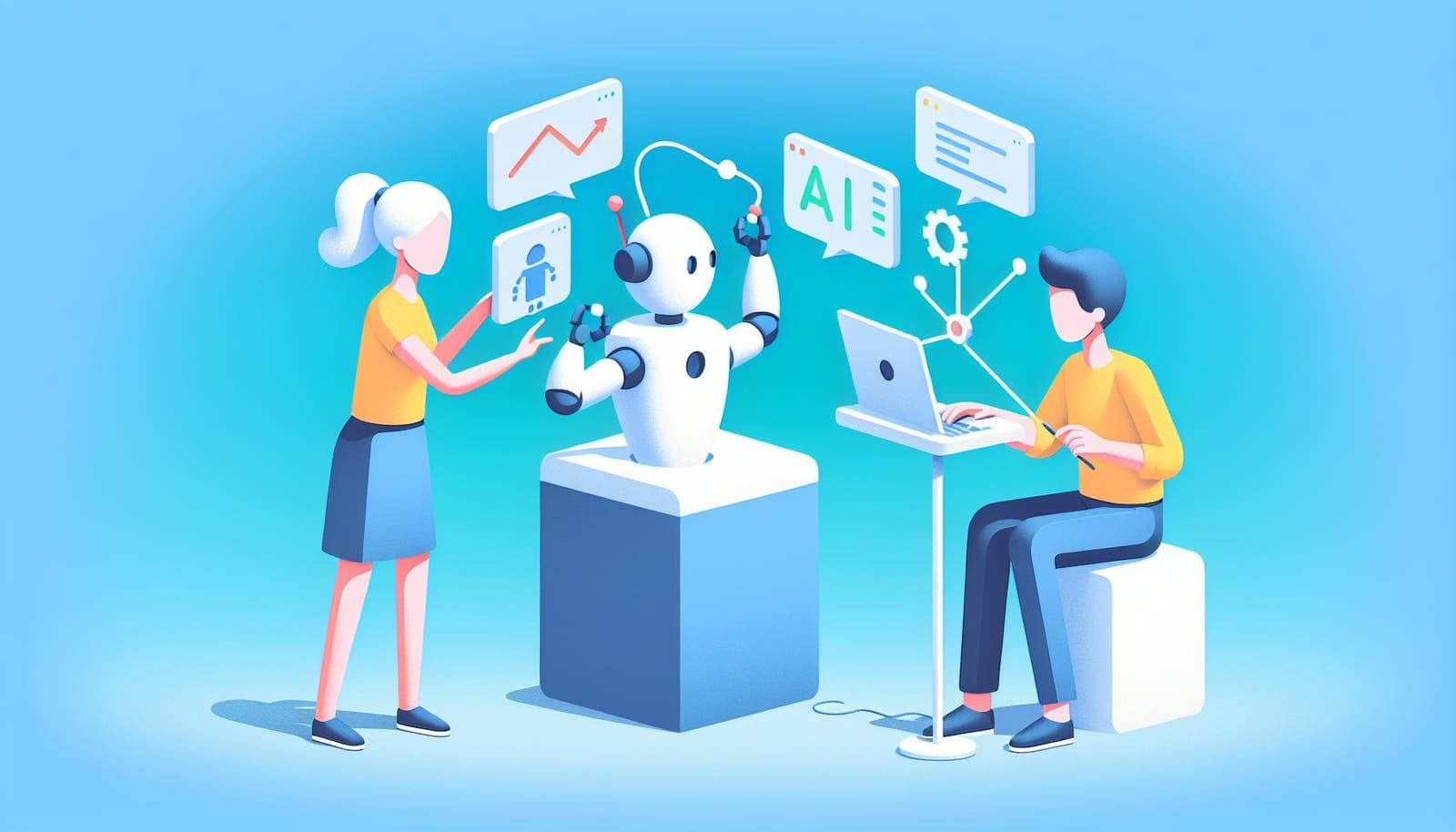Artificial Intelligence (AI) is one of the most exciting technologies of our time, transforming the way we live, work, and interact. From self-driving cars to virtual assistants like Siri and Alexa, AI is becoming an integral part of our daily lives. But as we continue to integrate AI into various aspects of society, a crucial question arises: Can AI have morals?
In this article, we'll explore the idea of AI and ethics, why morals belong to humans, and what that means for our future. Join us for an enlightening journey into the fascinating world of AI!
What Are Morals?
Before we can dive into whether AI can have morals, let’s first understand what morals are. Morals are the principles that govern a person's behavior or the conducting of an activity. They help us distinguish between right and wrong and guide our actions in everyday life.
For example, most people agree that helping others is a good thing, while stealing is wrong. These moral judgments are shaped by various factors, including culture, religion, and personal beliefs. However, these complex ethical frameworks are deeply rooted in human experiences and emotions.
The Nature of AI
AI, on the other hand, is a technology that processes information and makes decisions based on data. It learns from patterns in data and can perform tasks that typically require human intelligence, such as recognizing speech, understanding natural language, and even playing games.
However, AI does not possess feelings, consciousness, or subjective experiences. It operates solely based on algorithms and mathematical models. This fundamental difference is why AI cannot have morals in the same way that humans do.
Can AI Understand Ethics?
While AI can analyze large datasets and identify patterns, it cannot comprehend the ethical implications of its actions. For example, an AI system designed for self-driving cars can learn to navigate roads and avoid obstacles, but it does not understand the moral implications of making decisions in life-threatening situations.
Consider a scenario where a self-driving car must choose between swerving to avoid a pedestrian or staying on its course and endangering its passengers. The AI would make a decision based on its programming and data, but it would not weigh the moral consequences of that decision. This limitation underscores the importance of human oversight in the development and deployment of AI technologies.
The Role of Humans in AI Ethics
Humans play a critical role in ensuring that AI systems are designed and implemented ethically. Developers and engineers must consider the potential consequences of their creations and take responsibility for the ethical implications of their technology.
One way to address this is by incorporating ethical guidelines and frameworks during the design phase of AI systems. For instance, developers can establish guidelines that prioritize safety, fairness, and transparency. This way, AI technologies can be created with a focus on benefiting society while minimizing harm.
The Importance of Transparency
Transparency is a key component of ethical AI. When we understand how AI systems make decisions, we can better assess their impact on society. The more transparent an AI system is, the easier it is for humans to hold it accountable.
For example, an AI that analyzes loan applications must be transparent about the criteria it uses to approve or deny loans. If the system is biased against certain groups, it can result in unfair treatment. By ensuring transparency, we can identify and correct these biases, making AI systems more equitable.
AI and the Future of Ethics
As AI continues to grow and evolve, the conversation around ethics will only become more important. We must ask ourselves how we want AI to impact our world and ensure that it aligns with our moral values.
In the future, AI will likely play an even more significant role in decision-making across various sectors, including healthcare, finance, and law enforcement. As this happens, we must prioritize ethical considerations to prevent potential misuse or unintended consequences.
Conclusion: Ethics Remain a Human Responsibility
In conclusion, while AI can analyze data and make decisions, it cannot possess morals or ethical understanding. Morals are inherently tied to human experiences, emotions, and cultural contexts, which AI lacks. As we harness the power of AI, it is vital to ensure that humans remain in control of ethical considerations.
The responsibility for creating ethical AI lies with us. By incorporating moral frameworks, promoting transparency, and holding ourselves accountable, we can guide AI development in a way that aligns with our values and benefits society as a whole.
As we venture further into the age of AI, let’s embrace this technology with a commitment to ethics and responsibility, ensuring that it serves humanity and enriches our lives in positive ways.
With this understanding, we can navigate the complexities of AI and ethics, ensuring that while technology may evolve, our moral compass remains firmly in human hands.


